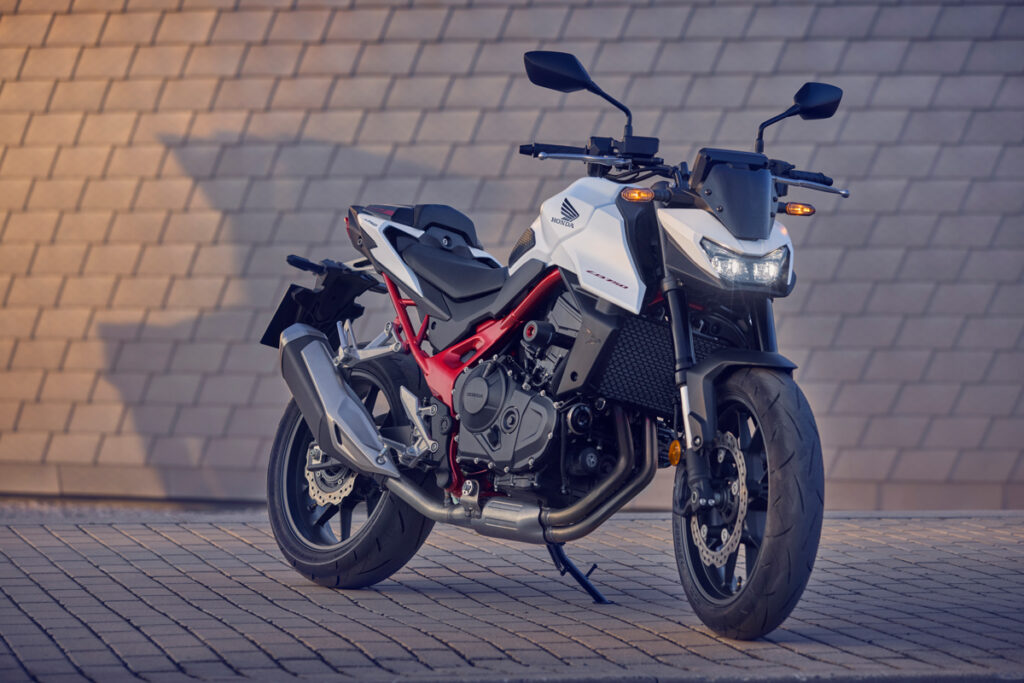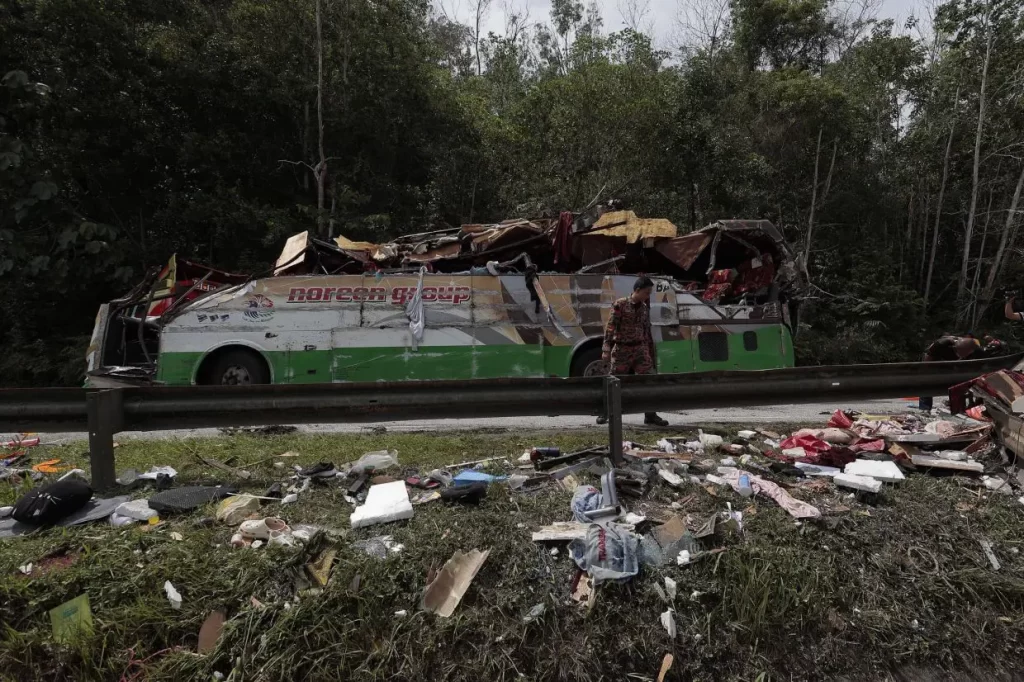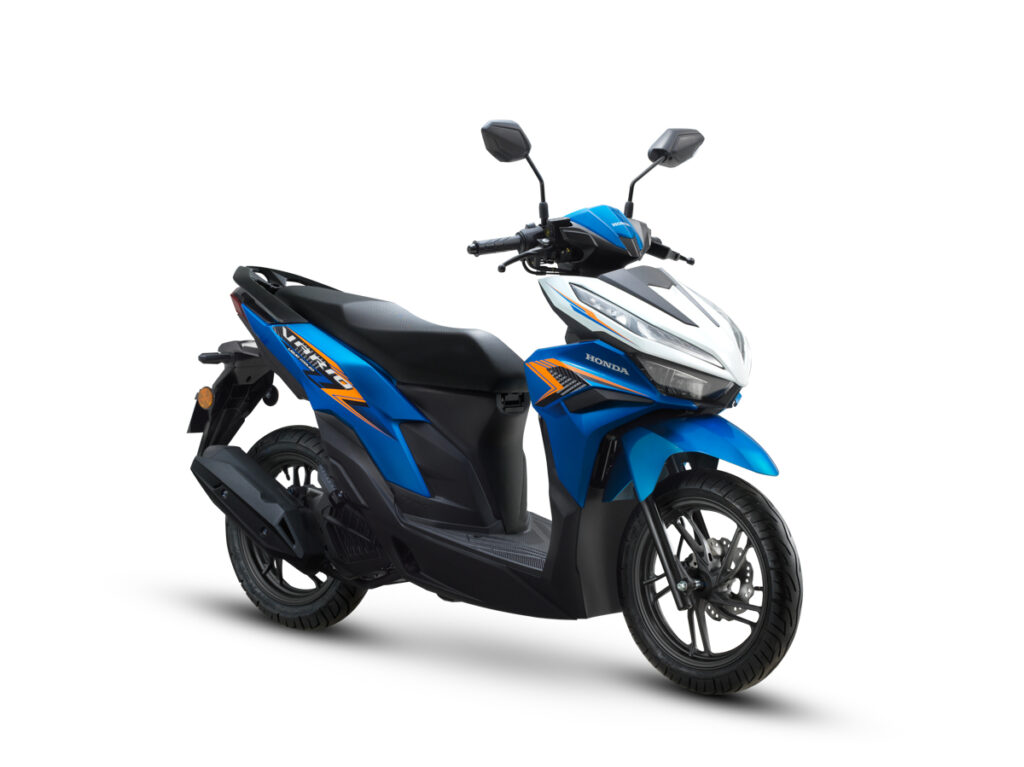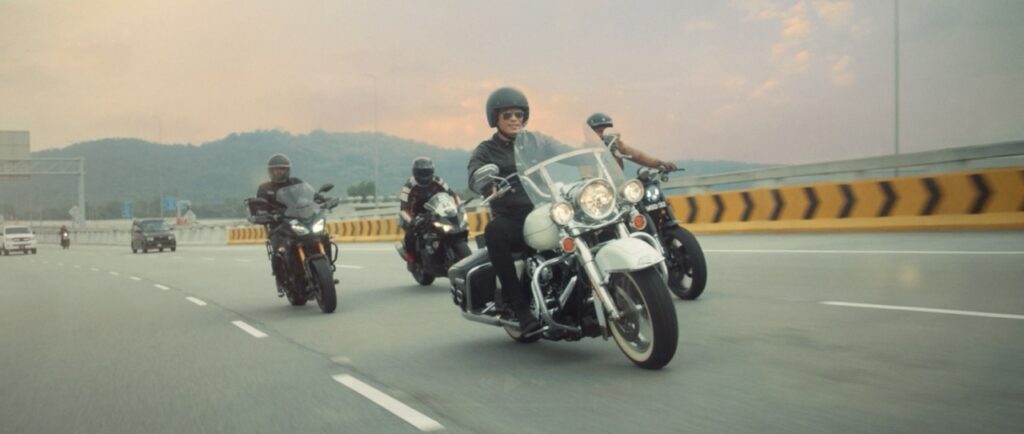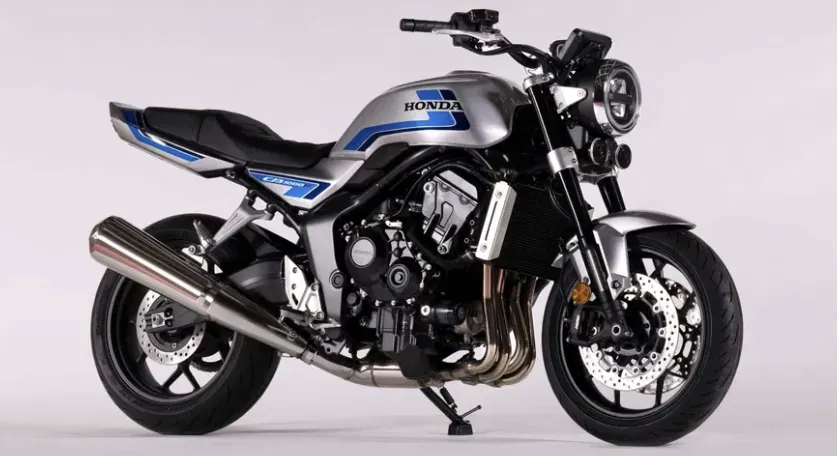As we published previously, the Aprilia Tuareg 660 surprised everyone when it won last year’s Africa Eco Race rally in maiden attempt. As such, the factory was more than keen to defend the title with the Aprilia Tuareg 660 Rally this year.
Racing the bike to the top podium was Italian rider Jacopo Cerutti who beat Alessandro Botturi on the Yamaha Ténéré 700 by a mere 26 seconds. The duel was thrilling as the two riders took on the last stage with only 9 seconds separating them in the overall standings. The two Italian riders fought for every kilometre but Botturi, in addition to a navigation error, found himself stuck in a net that he dragged to the finish line.

Cerutti had not only conquered the gruelling race, but also several challenges such a gastrointestinal virus, issues with the mousse in his rear tire, and non-functioning navigation instruments. In the end, Cerutti defended his title all the way to the last kilometre, and taking five stage victories and another two podiums.
He said, “Winning the Africa Eco Race for the second consecutive year is a dream. We had an outstanding advantage in the sand, both because of my riding style and the performance of the Tuareg Rally, and I was able to exploit it fully. It was an edition where strategy was fundamental and, in the last two days, I accomplished an undertaking that even I did not think possible. Congratulations also to Alessandro Botturi, it was great to have an opponent like him and to fight to the end.”
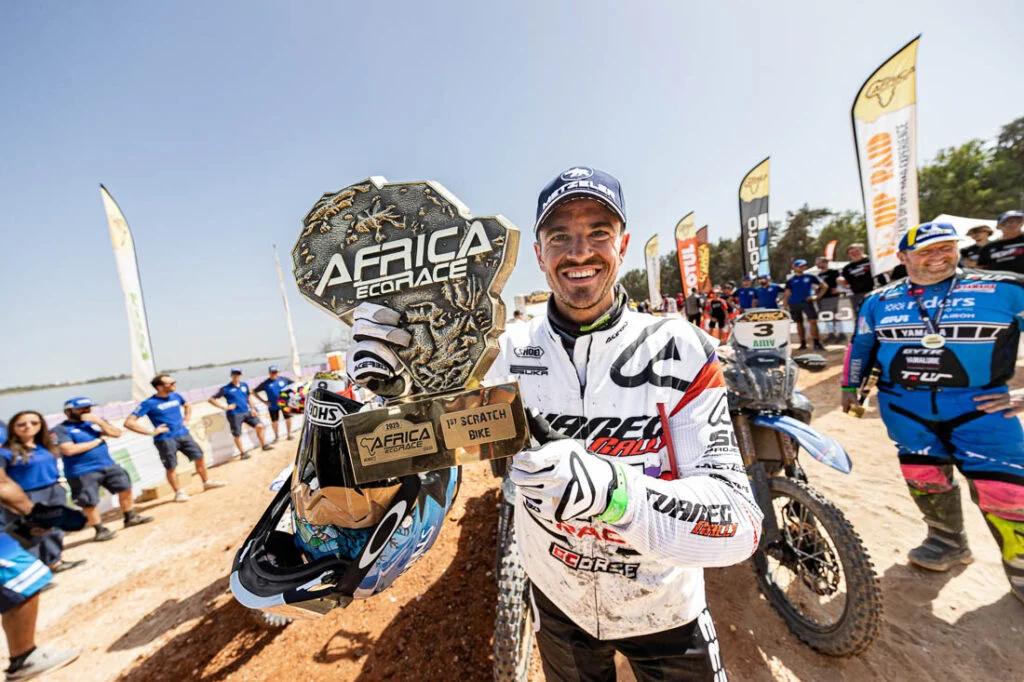
Cerutti’s teammate and race debutant, Marco Menichini, took victory in the Junior Under 25 class and sixth overall, as well as third place in the multi-cylinder class, on the other Aprilia Tuareg 660.
Yamaha star Pol Tarres also competed in this year’s Africa Eco Race but crashed at Kilometer 111 of Stage 2 while fighting for the win. He lost consciousness for several minutes and had to be airlifted to safety. He is safe and recovering from his injuries.

The sixteenth edition of the Africa Eco Race began in Monaco and crossing over to the breathtaking landscapes of Morocco, Mauritania, and Senegal. The rally actually traces the legendary Paris-Dakar Rally’s and Thierry Sabine’s legacy, and as such, it has come to be known as “The Real Race to Dakar” in recent years. Spanning 14 days and 12 challenging stages, it covered roughly 6,000 km of unforgiving terrain.



